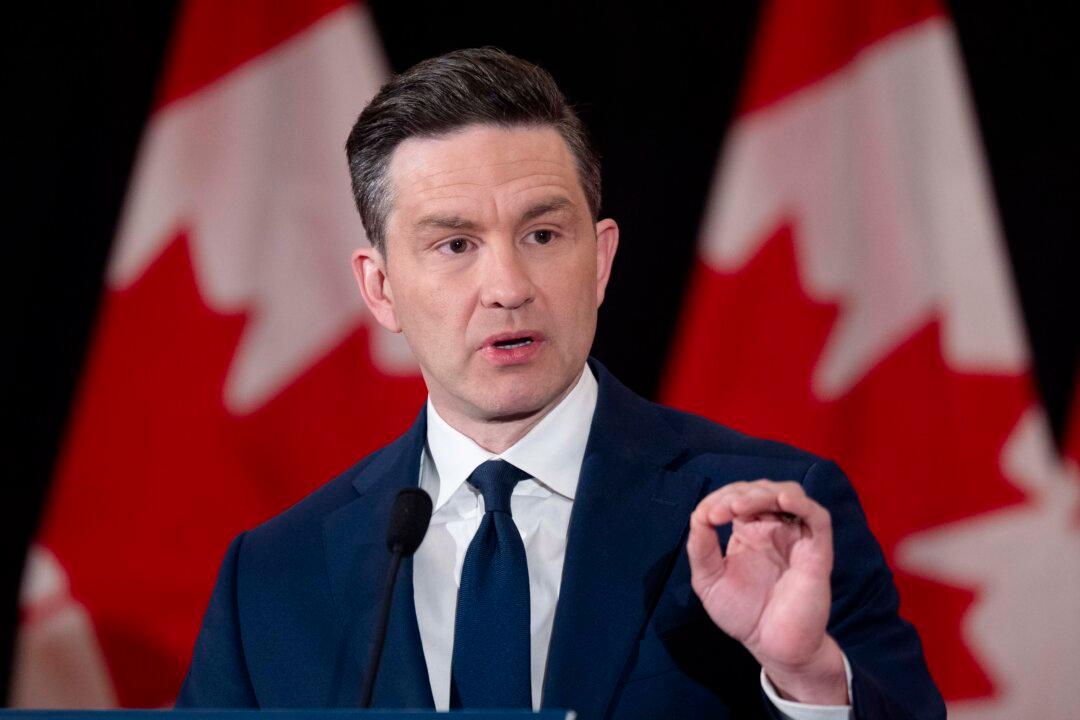Conservative Leader Pierre Poilievre says Canada needs to position itself in a way that ensures U.S. President Donald Trump understands America can only win through open, unbridled free trade with Canada.
“President Trump is a deal maker. He wants to win, but we’re both going to lose as Americans and Canadians if we get into a trade war,” Poilievre said in an interview with CTV News Atlantic on Jan. 24.





